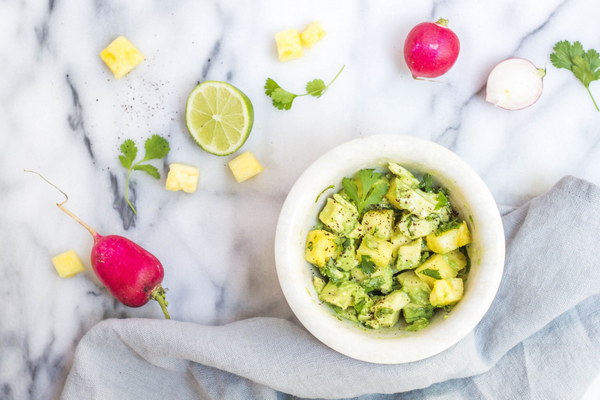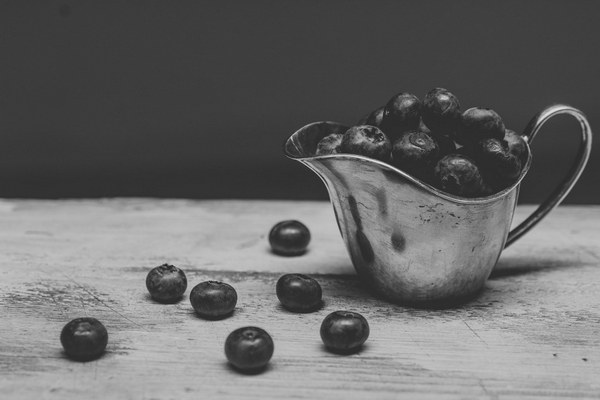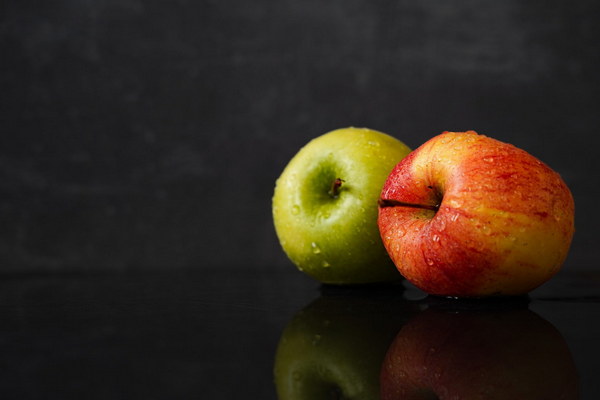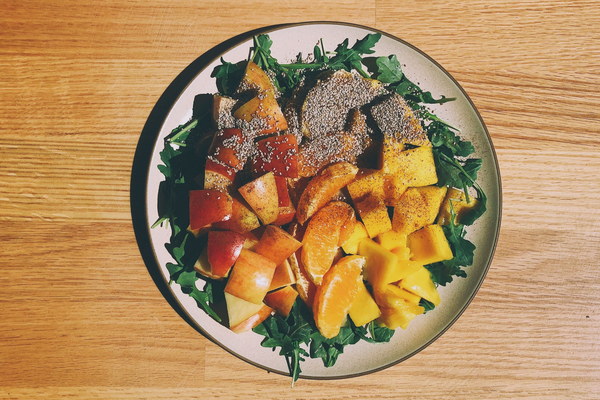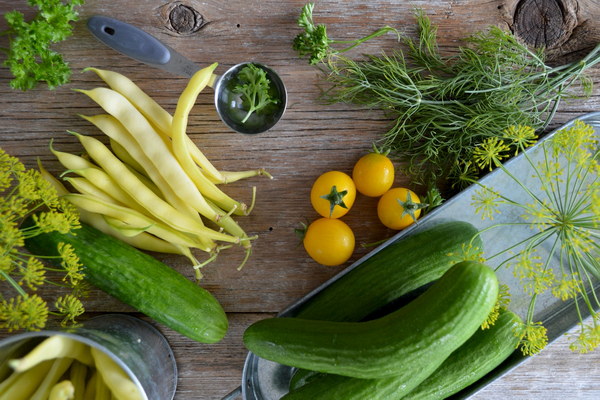Natural Relief Discover the Power of Chinese Herbs and Diet in Dampness Elimination
In the realm of traditional Chinese medicine, the concept of dampness is a common condition that affects many individuals, leading to various health issues. Dampness is characterized by symptoms such as fatigue, bloating, weight gain, and water retention. To combat this, Chinese herbs and dietary adjustments can be a powerful tool in restoring balance and promoting overall well-being. This article delves into the world of Chinese herbs and diet, exploring the most effective methods for eliminating dampness and rejuvenating your health.
Understanding Dampness in Chinese Medicine
In traditional Chinese medicine, dampness is considered a pathogenic factor that can disrupt the body's normal physiological functions. It is believed to originate from an imbalance in the spleen and kidney meridians, which are responsible for water metabolism and transportation within the body. When these meridians become weakened, dampness accumulates, leading to a variety of symptoms.
Chinese Herbs for Dampness Elimination
1. Atractylodes Macrocephala (Cang Zhu): Atractylodes macrocephala is a commonly used herb for dampness elimination. It helps to strengthen the spleen, promote digestion, and transform dampness into water, which is then excreted through urine.
2. Poria (Fu Ling): Poria is a mushroom-like herb known for its diuretic properties. It helps to drain dampness from the body, alleviate bloating, and reduce water retention.
3. Cinnamon twig (Guizhi): Cinnamon twig is a warming herb that helps to dispel cold and dampness from the body. It is often combined with other herbs to enhance its effectiveness.

4. Pine Pollen (Song Cao): Pine pollen is a potent herb used to invigorate the spleen and kidneys, as well as to eliminate dampness. It is also known for its aphrodisiac properties.
Dietary Adjustments for Dampness Elimination
1. Avoid Cold and Raw Foods: Cold and raw foods can exacerbate dampness, as they are difficult to digest and may lead to further accumulation of dampness. Instead, opt for warm and cooked foods.
2. Increase Warm Spices: Spices such as ginger, cinnamon, and pepper can help to warm the body and promote digestion, thereby reducing dampness.
3. Choose Spleen-Strengthening Foods: Foods that are known to strengthen the spleen, such as sweet potatoes, carrots, and glutinous rice, can help to combat dampness.
4. Stay Hydrated: Drinking plenty of warm water throughout the day can help to promote urination, which is essential for draining dampness from the body.
5. Limit Sugar and Refined Carbs: Excessive sugar and refined carbohydrates can contribute to dampness accumulation. Opt for whole grains, fruits, and vegetables instead.
Combining Herbs and Diet for Maximum Effect
To achieve the best results, it is important to combine the use of Chinese herbs with dietary adjustments. This holistic approach ensures that both the internal and external factors contributing to dampness are addressed. Consult with a qualified practitioner of traditional Chinese medicine to create a personalized treatment plan that suits your specific needs.
In conclusion, the power of Chinese herbs and diet in dampness elimination cannot be overstated. By incorporating these natural remedies into your daily routine, you can effectively reduce dampness-related symptoms and promote overall health and well-being. Embrace the wisdom of traditional Chinese medicine and unlock the secrets to a balanced, dampness-free life.


